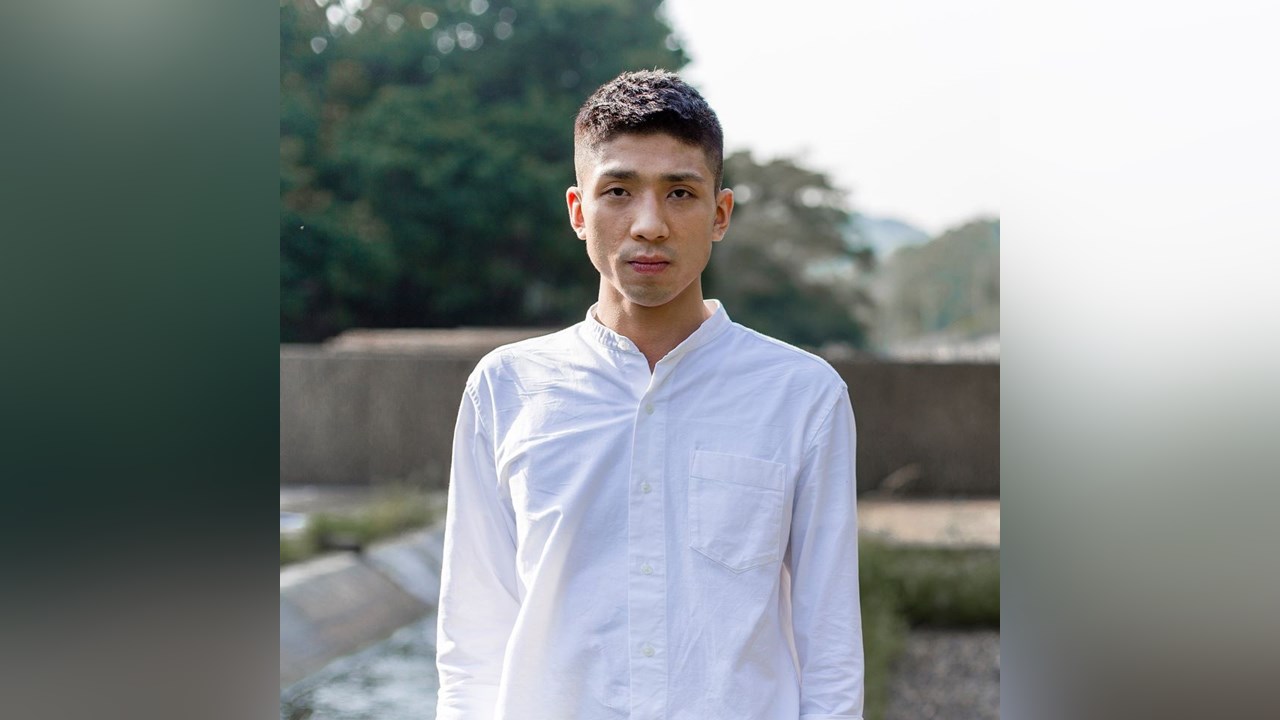A High Court judge who granted bail to one of the activists charged under Hong Kong’s national security law said she had given him the “benefit of the doubt” over his political views.
Owen Chow is one of the 47 democrats accused of subversion in connection with a primary election designed to choose pro-democracy legislative candidates in July last year. They were arrested on February 28 and only 13 have been granted bail. No trial date has been set.
High Court Judge Esther Toh, who ultimately granted Chow bail in late June, said in her reasoning that Chow “did not directly advocate for international sanctions against the PRC government or the HKSAR government,” although he advocated for Hong Kong to be recognised as a minority ethnic group.
The written reasons were published by the judiciary on Thursday.
Securing bail in a national security case is much tougher than in a regular criminal case. A judge must be satisfied there are sufficient grounds to believe that the defendant will not continue to commit acts endangering national security.
The law has created a “specific exception” to the general rule in favour of granting bail, Hong Kong’s Court of Final Appeal ruled in January.
13 bailed, 34 in remand
The 47 democrats are accused of conspiracy to commit subversion under the national security law, an offence punishable by life imprisonment, over their involvement with the primary organised by democrats to select candidates for an upcoming Legislative Council (LegCo) election. The election was later postponed on the grounds of coronavirus.
Prosecutors say plans by some of the democrats to secure a majority in LegCo, and then vote down the budget to try to force the chief executive to quit, amounted to subversion.

In her reasoning, Toh cited Chow’s remarks at an election forum in June last year when he campaigned for a seat in the legislature. He said: “I want to advocate for Hong Kong nationalism. Because we have to create an ethnic group, in order to resist the invasion by Chinese people.”
“The Applicant stressed that he did not call for independence of Hong Kong from the PRC. He asserted that he was genuine in his belief that what he was fighting for, which was to have Hong Kong recognised as a minority ethnic group, was not illegal under the [national security law],” Toh wrote, citing Chow’s defence lawyer, Cheung Yiu Leung, adding that Chow had no political affiliation.
While Chow had described US sanctions against Chinese and Hong Kong officials as “the first cannon”, which could be interpreted as an endorsement of them, Toh said she “would give him the benefit of the doubt.”

The judge said she also took account of Chow’s background and his passion for nursing, which stemmed from taking care of his ailing late father – even though as a child Chow had witnessed his mother being physically abused by his father.
“The Applicant, coming from a simple family where his father had passed away, and wishing to fulfil his dream of becoming a nurse, had tried his best and finally achieved his nursing degree with one more year to go in his studies,” she wrote.
Chow had persevered in his studies despite his modest upbringing and had a passion for giving back to the community through nursing, Toh noted.
Support HKFP | Policies & Ethics | Error/typo? | Contact Us | Newsletter | Transparency & Annual Report | Apps
Help safeguard press freedom & keep HKFP free for all readers by supporting our team
























